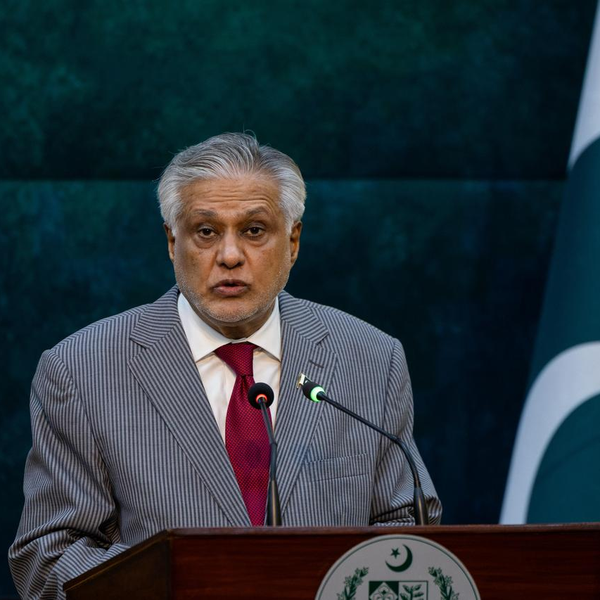Public allowed to see video evidence in France mass rape trial
Evidence will be shown only when necessary, with provisions for sensitive individuals to leave the courtroom beforehand
AFP
News Agency Partner
AFP is a renowned international news agency, delivering comprehensive and reliable reporting on global events, trends, and issues.

Gisele Pelicot's case has raised awareness of sexual abuse, making her a feminist symbol, though her lawyer notes the lasting harm she suffered
Some defense lawyers oppose the video screenings, arguing they serve no purpose for justice and could sensationalize the trial
A court trying a French man charged with enlisting dozens of strangers to rape his heavily drugged wife ruled on Friday that the public could be present when video evidence is screened, reversing an earlier decision.
Lawyers for the victim, Gisele Pelicot -- ex-wife of the main accused, Dominique Pelicot -- hailed as a "victory" the ruling announced by judge Roger Arata.
The screening of images will be preceded by an "announcement allowing people of a sensitive disposition and minors to leave the courtroom," the judge added.
Since the trial started on September 2, the court in the southern city of Avignon has been reserved for members of the court, the parties and the press.
The public have been assigned to an adjoining room where proceedings are screened live.

The screening of video evidence will, however, "not be systematic" and will only take place when it is "strictly necessary for exposing the truth" at the request of one of the parties, added Arata.
Dominque Pelicot filmed much of the abuse against his wife and also took meticulous records of the strangers visiting the family home, unwittingly helping police uncover the crimes.
He was initially investigated when he was caught taking pictures up women's skirts in a supermarket in 2020.
Last month the judge had banned the broadcast of images in the presence of the public and the press, saying: "Considering that these images are indecent and shocking, this will only be done in the presence of the parties to the trial and the court."
But lawyers for Gisele Pelicot -- who has insisted on the trial being open to the public to draw attention to the use of drugs to commit sexual abuse -- called for the lifting of the restrictions.
'Find meaning in suffering'
The ruling is a "victory" but "a victory in a fight that should not have been fought," said lawyer Stephane Babonneau, arguing that French law has granted rape victims for over 40 years the right to decide whether or not the proceedings should be public.
Gisele Pelicot's willingness to highlight her suffering has won widespread praise and made her a feminist icon in France.
"For Gisele Pelicot, it is too late. The harm is done," said Babonneau.
"But if these same hearings, through their publicity, help prevent other women from having to go through this, then she will find meaning in her suffering.".

The trial, which is due to last until December, is currently hearing testimony from the other men facing charges of responding to Dominique Pelicot's call and raping Gisele Pelicot.
Forty-nine other men are accused of raping or attempting to rape Gisele Pelicot. Another has admitted to sedating his own spouse so that he and Dominique Pelicot could sexually assault her.
Some lawyers for the other 50 accused strongly opposed the screening of video evidence.
"Justice does not need that in order to proceed, what is the point of these revolting screenings?" said lawyer Olivier Lantelme.
"We do not have to move from a popular tribunal in the name of the French people to a tribunal of the crowd," added Paul-Roger Gontard.
But for Antoine Camus, another lawyer in Gisele Pelicot's team, these videos "cause the argument of accidental rape to collapse".
"They show that these were opportunistic rapes and, beyond that, it was a question of degrading, humiliating, and sullying, it was in reality a question of hatred of women.
"No one (among the defendants) denounced what was happening, each contributed in their own small way to this banality of rape, to this banality of evil", he added.
Beatrice Zavarro, Dominique Pelicot's lawyer, who had previously backed the screening of the videos, did not express an opinion on the issue on Friday.







Comments
See what people are discussing